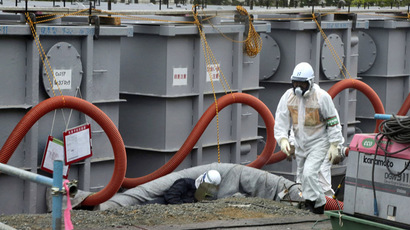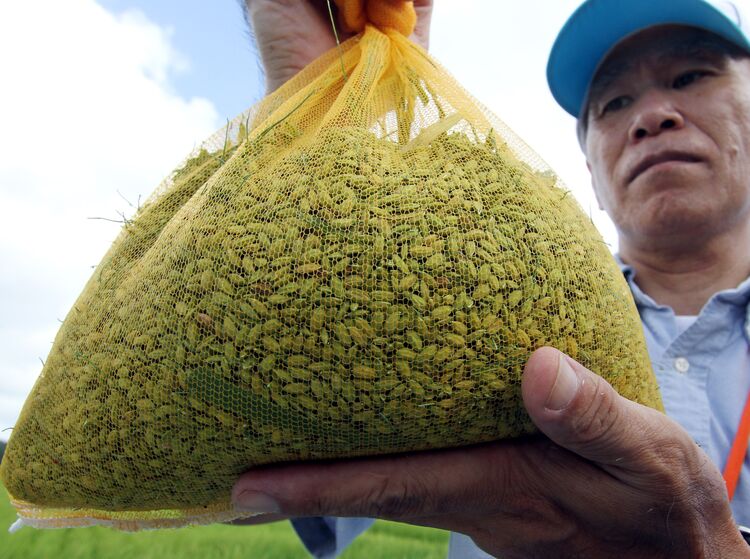Many workers who were at the Fukushima Daiichi nuclear plant the day of the 11 March 2011 quake and tsunami, say reactor 1 was already in trouble and possibly melting down, immediately after the 9.0 quake.
“There’s certainly a great deal of evidence that appears to suggest that the first reactor, reactor number one, was melting down by the time the tsunami hit. So, if that’s the case that the reactor was melting down as a result of the earthquake, and not as a result of the tsunami, a nine-point earthquake is something that has the potential to happen throughout Japan, and that would put the reliability and the design safety of all of these reactors in question.”-Robert Jacobs, Hiroshima Peace Institute
Also, Tokyo Electric Power Company has been reporting decreasing radiation levels coming from Pacific Ocean water inlets and outlets. It’s not a sign they have things under control, because they certainly don’t. Rather, after 5 months of ongoing nuclear disaster, what’s happened is that the remains of nuclear fuel rods have been washed out into the Pacific Ocean by TEPCo’s continued water injection.
“When you have a fragile structure that’s already suffered a great deal of damage and when you have continual aftershocks at the level of six-point, or there’s been some even higher, what we have now is we have the radioactive core that has melted down into the basement, into the bottom of the containment vessel of these reactors, and if the radiation level is going down, where it’s been monitored inside the buildings, and if the water pressure is going down, and the temperature is going down, it’s not that the radiation is just suddenly going away, it means that the radioactive material, the melted core, is simply moving further away from where it’s been measured.”-Robert Jacobs




